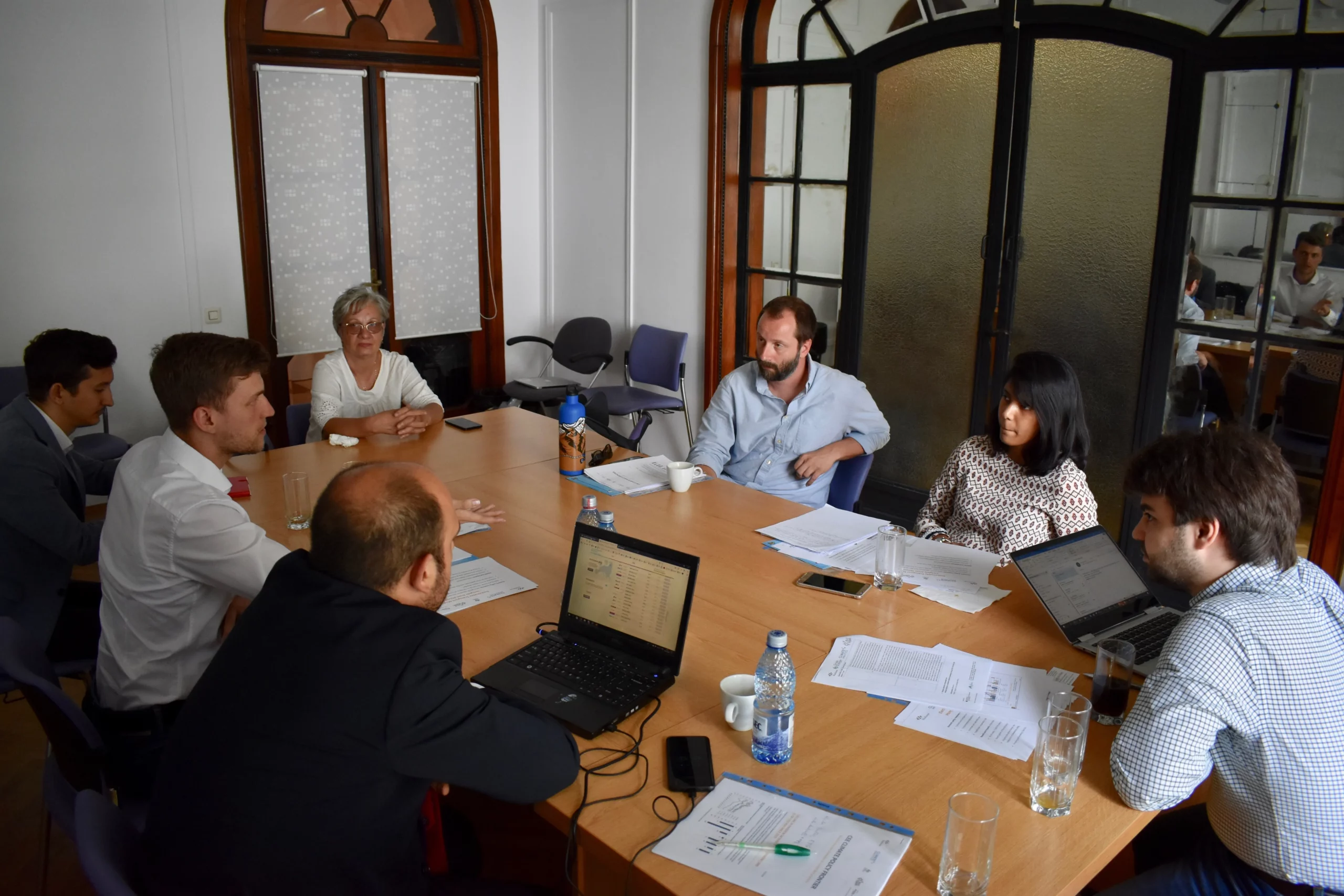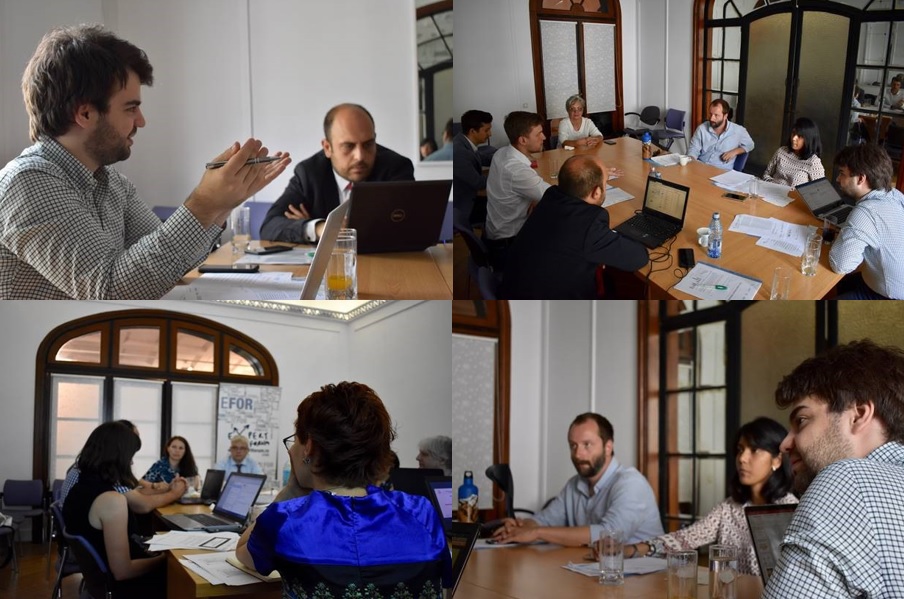Sharing regional good climate policy practices in transport and buildings sector
In early July 2019, representatives of public administration, business, analytical centres and NGOs from Bulgaria, Romania, Poland, Czech Republic, Hungary and Slovakia exchanged knowledge on best practices for climate action in the transport and buildings sectors during the first regional workshops of the CEE Climate Policy Frontier projects. The two events took place in Warsaw and Bucharest.

During the workshops, participants were divided into parallel working groups, in which they discussed the applicability of the good policy practices across the CEE region, and next steps in four areas: electromobility, sustainable transport modes, energy efficiency and clean heating sources in buildings. The transport working group in Warsaw discussed Hungarian and Polish experiences in developing electromobility plans and explored examples of integrated public transport solutions in Slovakia and the Czech Republic. In turn, the buildings working group focused on Slovak experiences in scaling up retrofit programs and ensuring high-efficiency standards in new and retrofitted buildings. It also discussed lessons from heat pumps deployment in the Czech Republic and the Polish experience of large-scale subsidy programme supporting the installation of solar collectors. During the transport and buildings group discussions in Bucharest, the representatives provided their perspectives on Romanian and Bulgarian current state of affairs and policies and shared experiences on buildings retrofit programmes and sustainable mobility solutions.

The transport sector challenges identified during both workshops include railway infrastructure underfunding, lack of electromobility infrastructure, loss of local public transport connections and absence of a coherent policy to discourage purchases of old emission-intensive diesel vehicles. Several solutions based on regional good practices were proposed, including linking all clean vehicles subsidy schemes with scrap obligations, disincentivising import of most polluting cars with adjusted taxes and levies, enhancing coordination of public transport development and operation between regions, municipalities and national-level entities (harmonisation of schedules, single tickets), as well as supporting the research and development in this area.
In the buildings sector, ambiguity and low efficiency of financing schemes, low utilisation of distributed RES, as well as ineffective certification could be addressed by the introduction of harmonised standards, conducting ex-post evaluations of retrofit programmes and better cross-sectoral coordination.
Overall, the workshops offered a rare opportunity for the intra-CEE dialogue focused on learning from past climate policy successes and mistakes, establishing a strong foundation for further exchanges both within the project and beyond.
